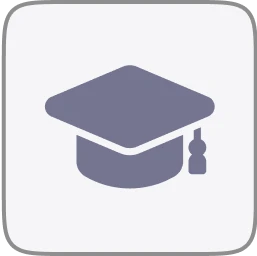
MA in Computational Arts
Goldsmith University of London, London


Goldsmith University of London, London

MA in Computational Arts
Goldsmith University of London, London
Degree
Postgraduate
Duration
12
Course Type
With Co-op
Co-op education gives you real-world experience in a job related to your studies.
INR
19.59L
USD 23050
1st Year Tuition Fees
Opening Soon